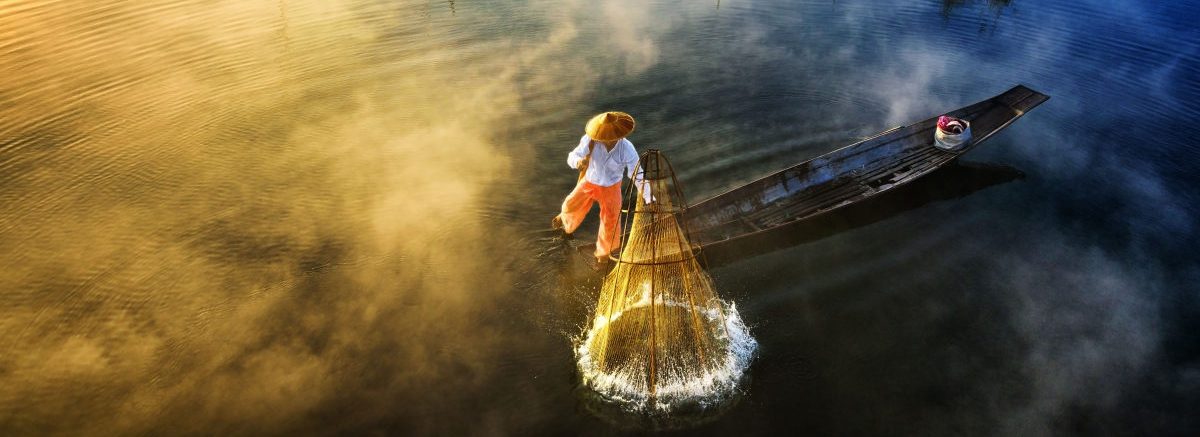九二 领 悟
大师愈来愈衰老了,弟子们恳求他不要舍弃他们。大师说:「如果我不走,你们怎能看得见?」
「当您同我们在一起时,什么因素遮住了我们的眼睛?」他们问。
然而大师一言不发。
当他的死期近了。他们又问:「你走了以后,我们会看见什么?」
大师眼中闪烁着光辉:「我以前都是坐在河边为你们汲水;我走后,你们才会看到那条河本身。」
RECOGNITION
As the Master grew old and infirm the disciples begged him not to die. Said the
Master, “If I did not go how you would ever see?”
“What is it we fail to see when you are with us?” they asked.
But the Master would not say.
When the moment of his death was near they said, “What is it we will see when you
are gone?”
With a twinkle in his eye the Master said, “All I did was sit on the river bank handing
out river water. After I’m gone I trust you will notice the river.”
